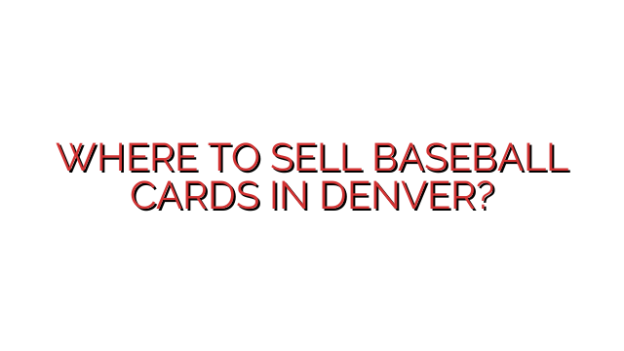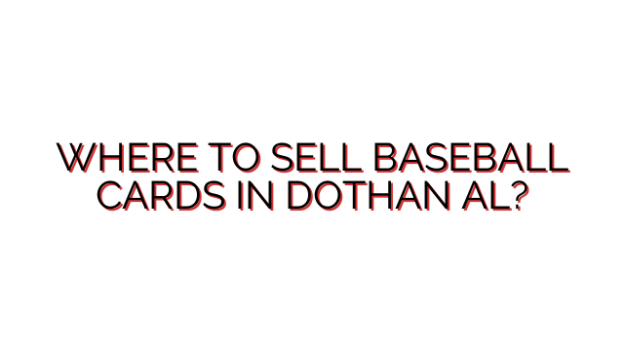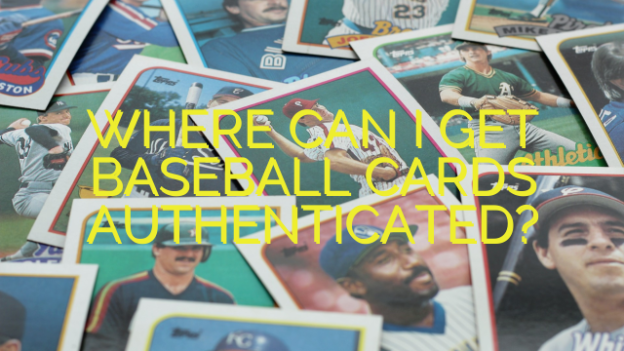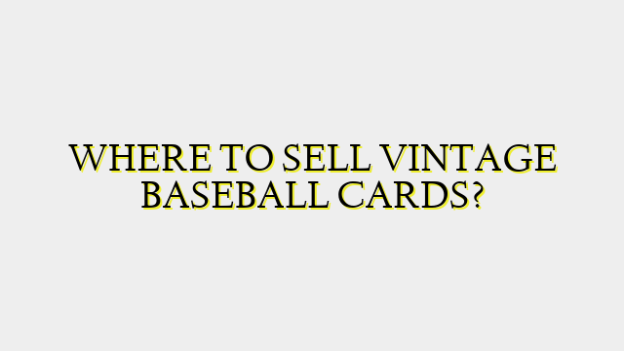Sports Card Collector – This shop has two locations in Denver and is considered one of the best places to sell baseball cards in the city. They have been in business for over 20 years and have a large buyer base. They do individual appraisals and offer cash or store credit for cards. They look for rare and higher end cards from the 1950s-1990s. This is a great full-service shop run by experienced and knowledgeable card collectors.
Mile High Cards – Located in Denver, Mile High Cards is another great local shop to take cards to sell. They pay cash and do appraisals on the spot. They are primarily interested in vintage cards from the 1950s-1980s, especially those of Hall of Fame players in high grades. They get steady foot traffic from collectors. Selling to a shop allows you to get cash quickly versus waiting for an individual buyer online.
Denver Card Show – This is a large monthly card show that happens every fourth Sunday at the Denver Mart. It’s a great place to display your cards to many buyers at once. There are usually 50-80 tables of vendors buying and selling. You’ll need to research recent sell prices to price your cards competitively. Consider grouping similar cards to streamline transactions. This is best for larger collections and can take more work but provide access to many potential buyers.
COMC (Cards On Mount Cards) – This company allows you to sell baseball cards online by sending them your cards and handling photography, descriptions, and sales. They charge consignment fees to sellers. It’s a convenient option if you don’t want to meet anyone in-person but the fees can eat into your profit margins overtime. Your cards get exposure to their national buyer base. This platform is best suited for common to unique cards in the $5-100 range.
Denver Nugget Show – For big collections or collections with higher end value cards, consider taking the cards to this annual sports card and memorabilia show in June. It’s one of the largest in the Rocky Mountain region attracting buyers from across the country. Admission is charged to get in so make sure to price cards competitively. Bring research of recent PSA/BGS graded card comps to be taken seriously.
Sports Card Consignment – There are also a few Denver shops that will consign cards on your behalf like Sports Card Consignment in Highlands Ranch. They charge consignment fees lower than online companies. You’ll have to transport cards there but they handle pricing, displays, and transactions with buyers before sending you a check. This allows selling hundreds of cards easier than trying to sell them individually yourself.
Local Sport Card Facebook Groups – Be sure to also check out the numerous local and regional sports card Facebook groups and marketplaces. Post descriptions and prices of your cards for sale to potentially reach a broader range of Denver area buyers online. Facebook has become a popular selling platform since the pandemic began for sports memorabilia.
When selling in Denver, it’s best to target the local shops and shows first for highest sell through rates. Consider condition, age, and player attributes when pricing cards competitively to sell quickly. Transport cards safely and keep condition sleeves for assessing. Hopefully these in-depth local options for selling baseball cards provide helpful guidance! Let me know if you need any other Denver-specific advice.






